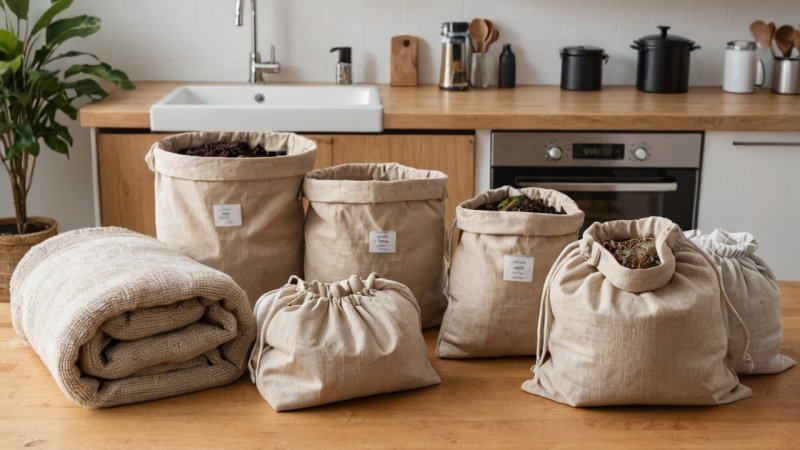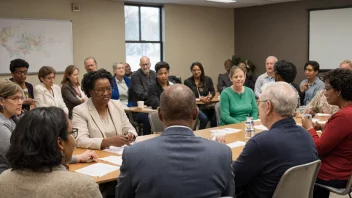What is a zero-waste lifestyle?
A zero-waste lifestyle aims to minimize waste by rethinking how we consume and dispose of products. This approach promotes sustainability, encouraging individuals to reduce, reuse, and recycle materials to limit their environmental impact.
Why is adopting a zero-waste lifestyle important?
Adopting a zero-waste lifestyle is crucial for several reasons. It helps reduce landfill waste, conserves natural resources, and mitigates environmental pollution. By lowering our waste output, we contribute to a healthier planet and promote sustainable practices within our communities.
How can I start a zero-waste lifestyle at home?
Starting a zero-waste lifestyle at home involves several steps:
- Assess your waste: Keep track of what you throw away for a week to identify patterns.
- Reduce consumption: Purchase only what you need and choose products with minimal packaging.
- Reuse items: Opt for reusable bags, containers, and utensils instead of single-use products.
- Recycle properly: Familiarize yourself with local recycling guidelines to ensure correct disposal of materials.
- Compost organic waste: Set up a compost bin for food scraps and yard waste to reduce landfill contributions.
What are some easy swaps to make my home more zero-waste?
Here are some simple swaps to consider:
- Use cloth napkins: Replace paper napkins with reusable cloth alternatives.
- Invest in a reusable water bottle: Ditch plastic bottles and carry a stainless steel or glass bottle.
- Choose bar soap: Opt for bar soap instead of liquid soap in plastic containers.
- Buy in bulk: Purchase grains, nuts, and other staples in bulk to reduce packaging waste.
- Use beeswax wraps: Instead of plastic wrap, use beeswax wraps to cover food items.
Can children participate in a zero-waste lifestyle?
Absolutely! Teaching children about sustainability and waste reduction can be a fun and educational experience. Involve them in activities such as:
- Creating a compost bin: Show them how to compost food scraps.
- Crafting with recyclables: Encourage creativity by using recyclables for art projects.
- Shopping together: Take them grocery shopping and explain the benefits of choosing bulk items or products with minimal packaging.
How can I encourage my community to adopt a zero-waste lifestyle?
To inspire your community, consider the following actions:
- Organize workshops: Host workshops on zero-waste practices and sustainable living.
- Create a community garden: Establish a space where neighbors can grow food and compost together.
- Start a local zero-waste challenge: Encourage residents to commit to reducing waste for a month.
What are the challenges of maintaining a zero-waste lifestyle?
While striving for a zero-waste lifestyle is commendable, challenges may arise, such as:
- Access to zero-waste products: Not all areas have shops that offer sustainable options.
- Cost of sustainable items: Eco-friendly products can sometimes be more expensive upfront.
- Behavior change: Adjusting longstanding habits can be difficult and requires commitment.
Are there any resources for learning more about zero-waste living?
Yes, numerous resources can help you on your zero-waste journey, including:
- Books: Look for titles such as "Zero Waste Home" by Bea Johnson.
- Websites: Explore blogs and websites dedicated to sustainable living.
- Social media: Follow zero-waste influencers for tips and inspiration.
In conclusion, transitioning to a zero-waste lifestyle at home is a rewarding journey that not only benefits the environment but also fosters a sense of community and responsibility. By making small, conscious changes and encouraging others to do the same, we can collectively work towards a more sustainable future.






